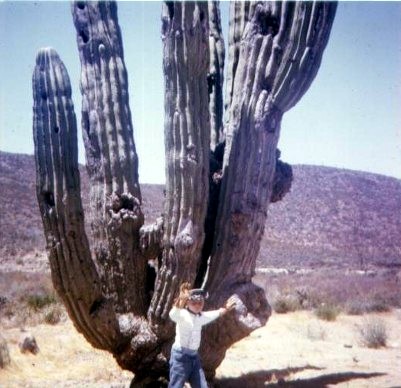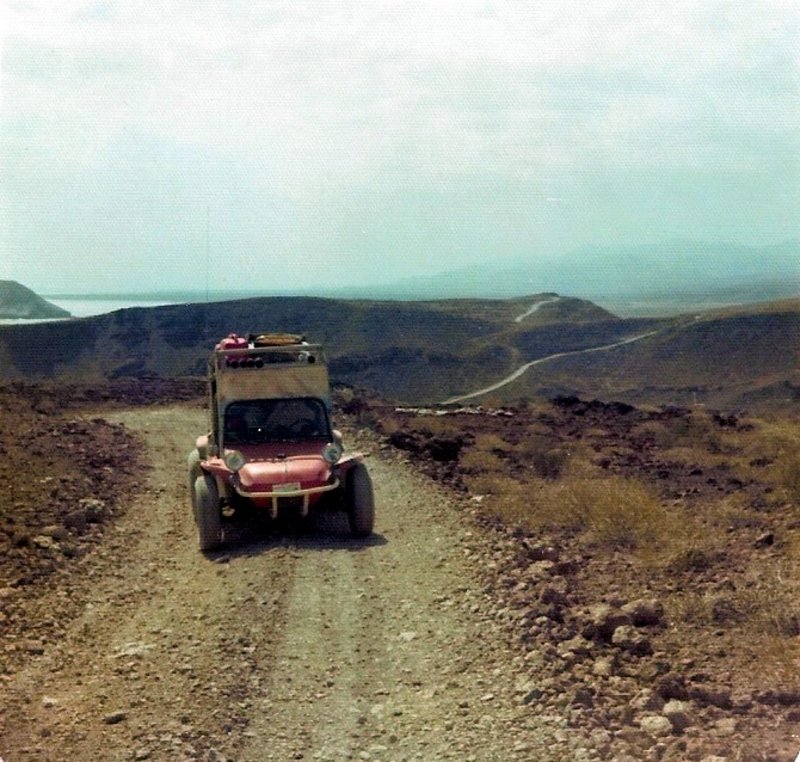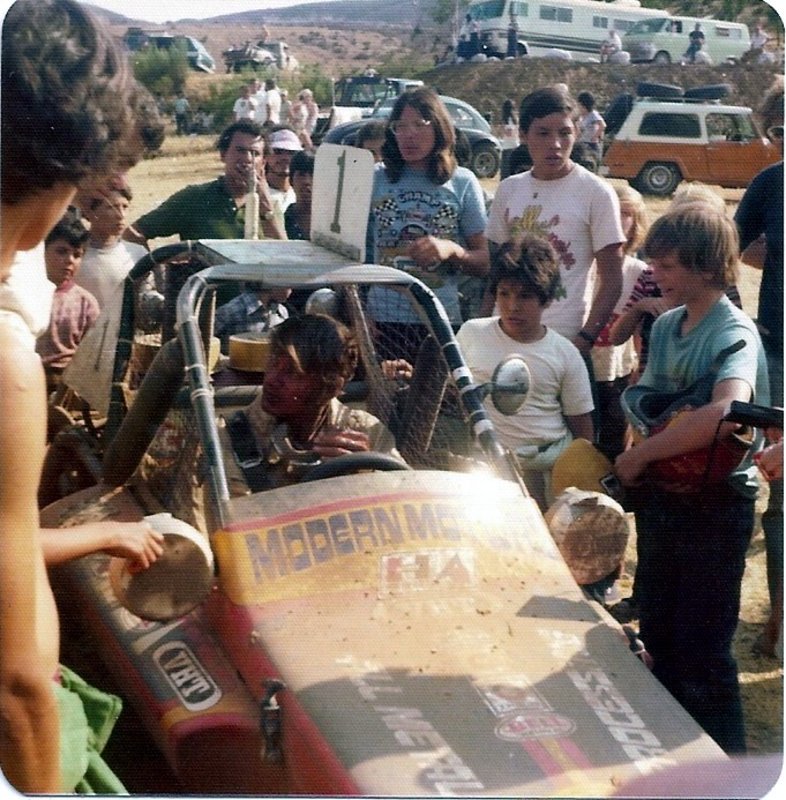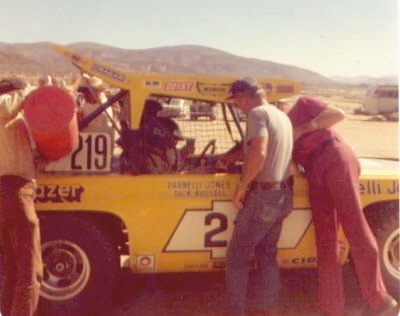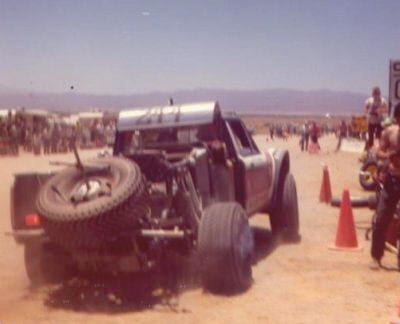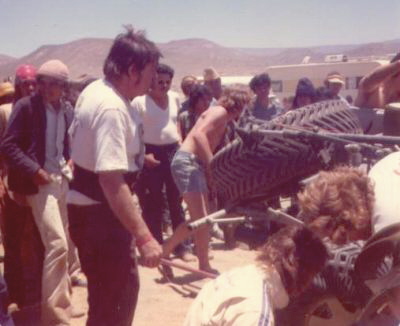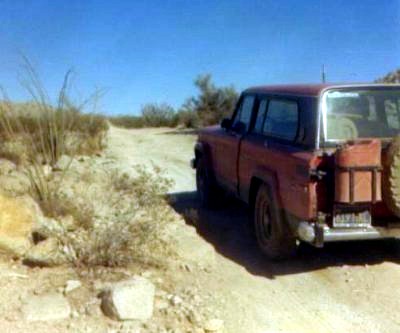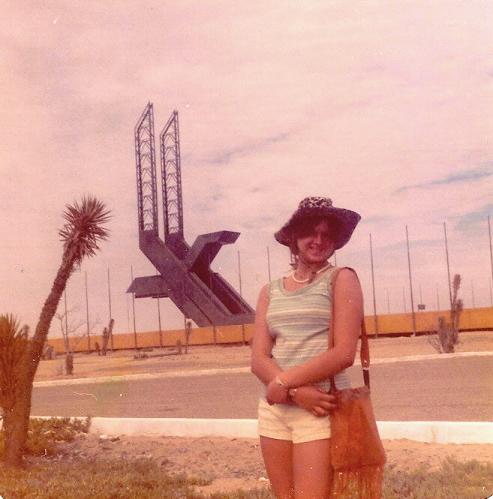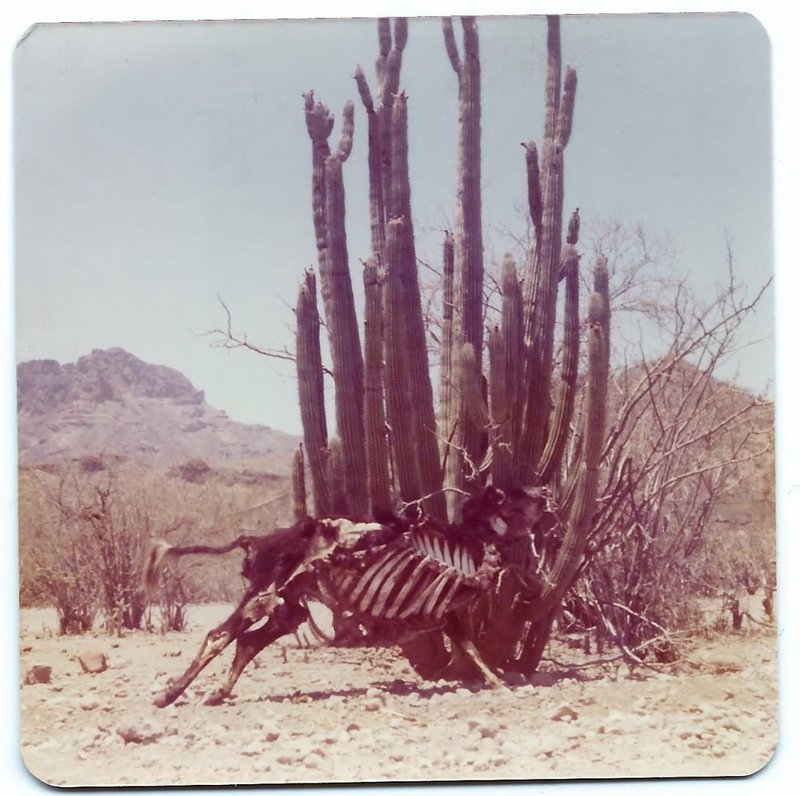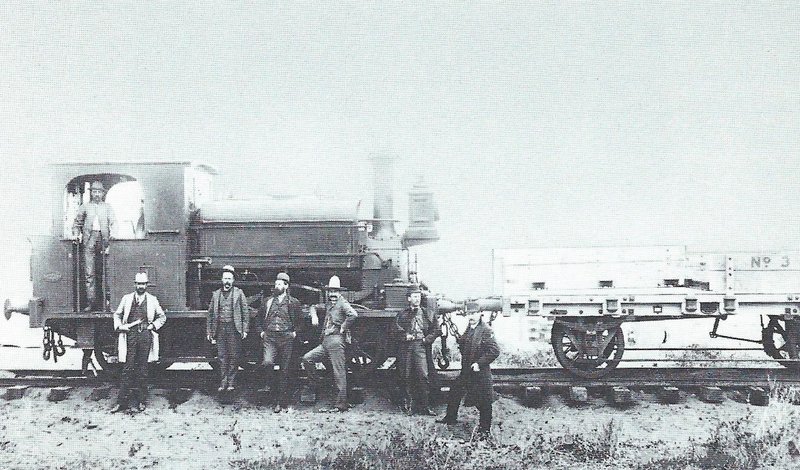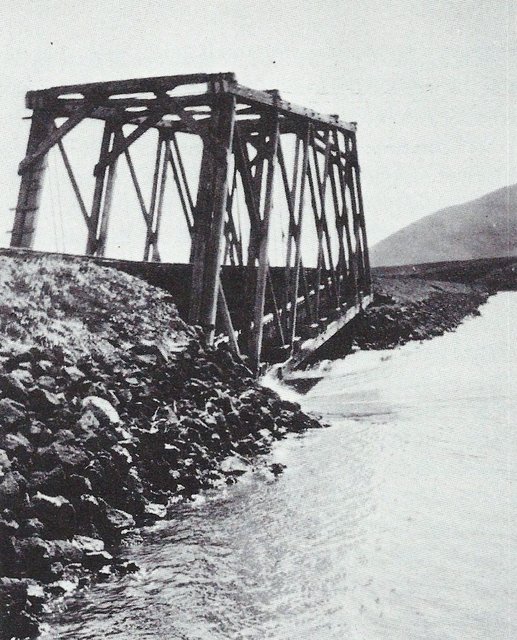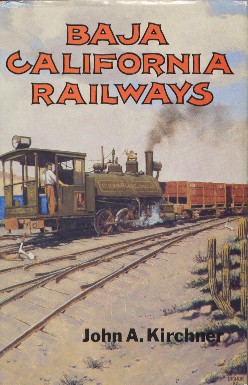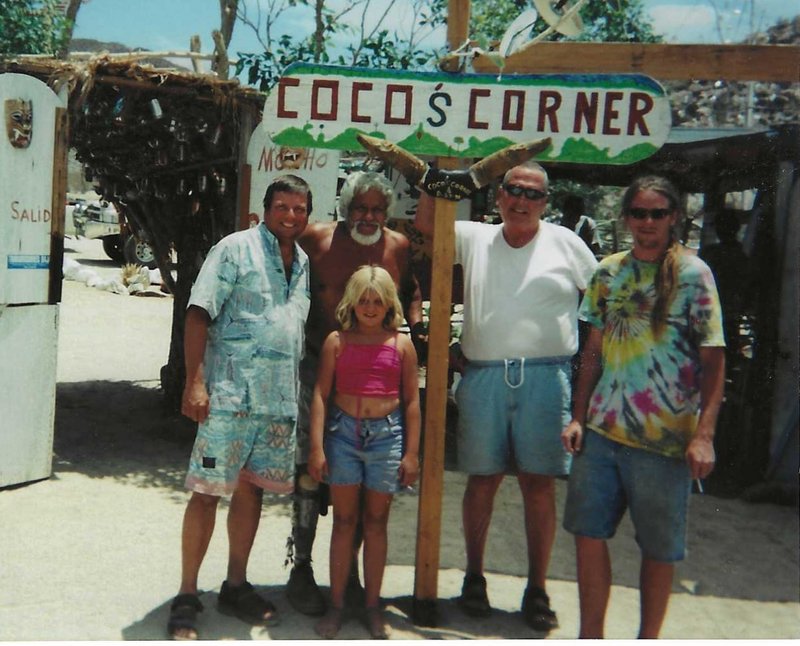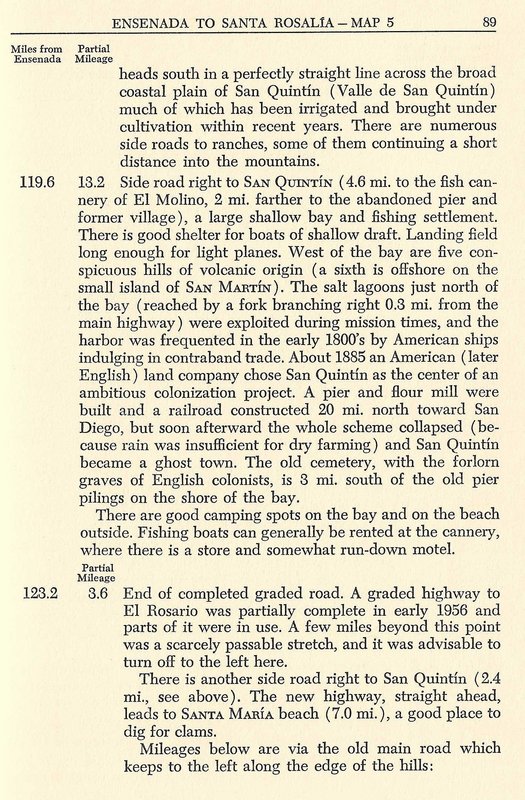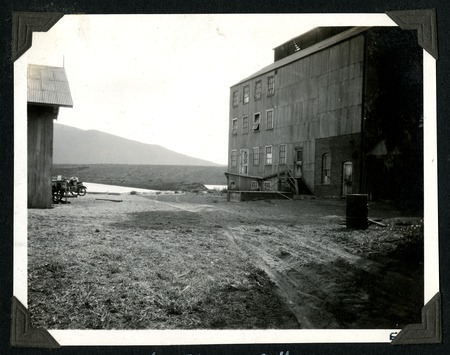I don't know who came up with that number but it's closer to 20-25 feet and covered in about 6 feet of accumulated mud. After they completed the
survey of the engine by divers a few years back a decision was made to leave it in place as it is currently (covered in the mud) to minimize any
further degradation while they are trying to put enough money together to do a proper extraction and restoration, if that's even possible at this
point.

[Edited on 8-3-2022 by BajaGringo] |


